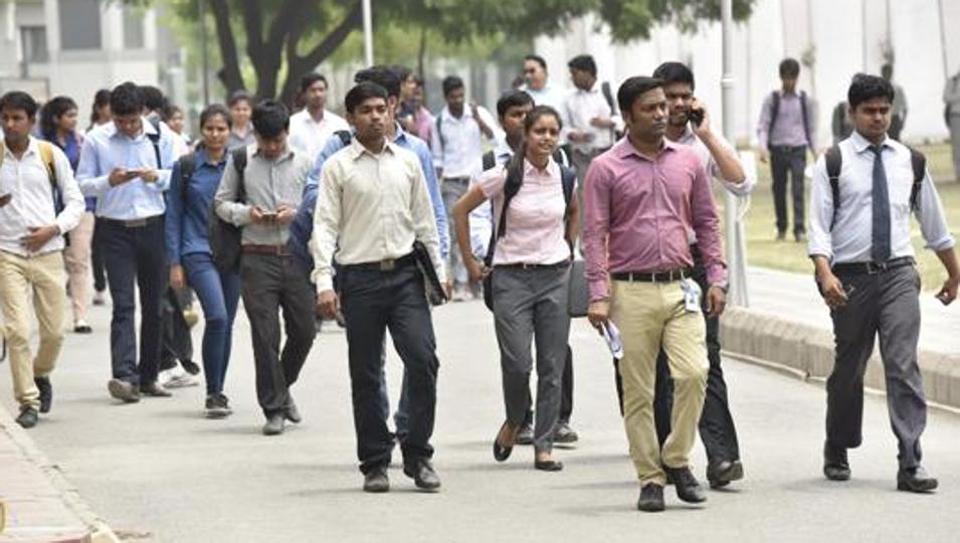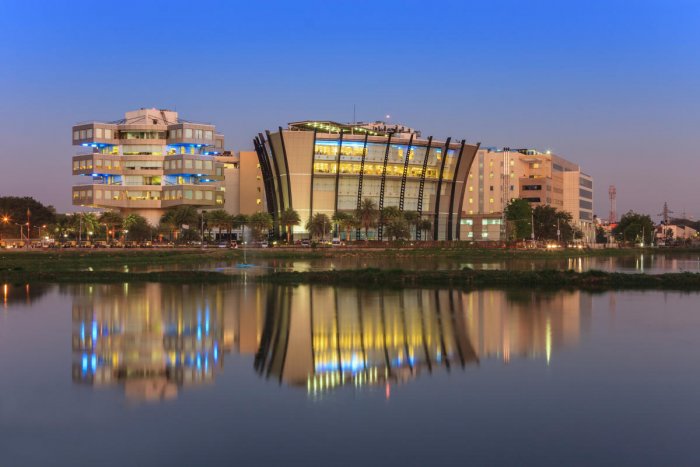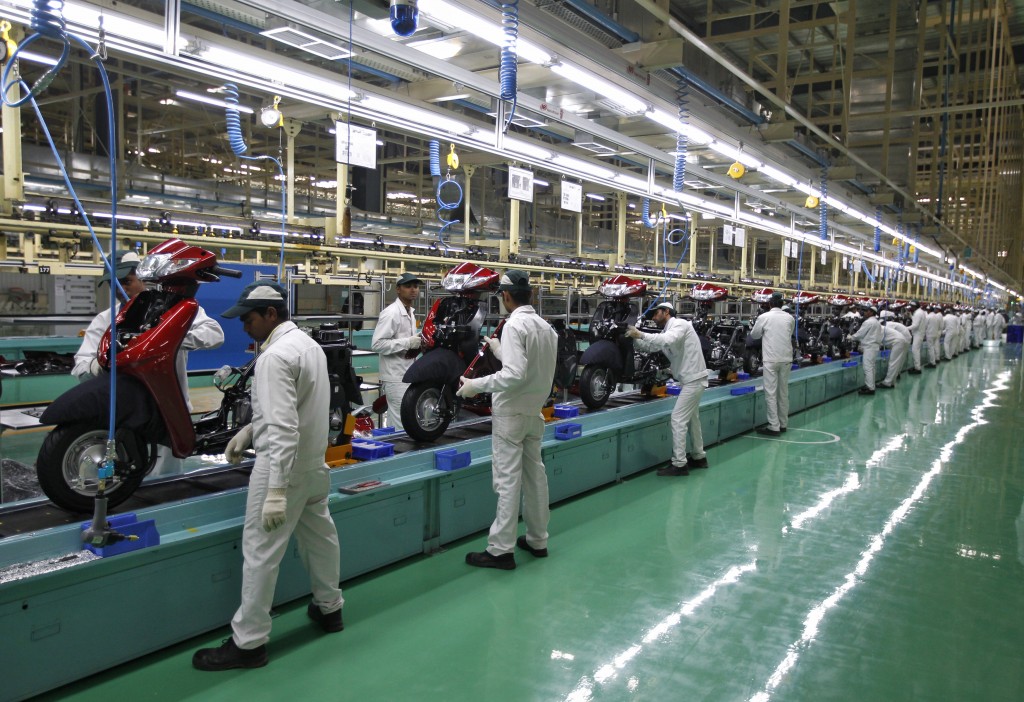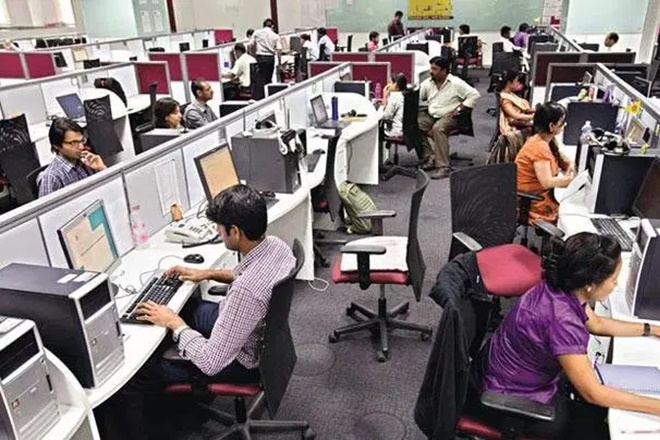India is on the brink of immense possibility in terms of economy with the kind of young population it comprises and the immense economic growth it has seen in recent years. It is the youngest country in the world with the world’s largest population in their youthful years. India is currently enjoying a “demographic dividend”, which means it has more labor force than the population dependent on it. But this scenario also brings a lot of challenges with itself as larger the workforce, larger the requirement for jobs for them.

It has been a common notion among Indians to find jobs preferably in the government sector because of the job security it provides or else move to the corporates, though this mindset is changing with time rapidly. It’s not easy for any government to create jobs at such a large scale considering the existing working population and the next generation coming in. So the next viable option is to encourage people to become job creators, not job seekers.

Driven by technology and a prodigious market the Indian economy has been at the core of attention and a lucrative option for investors. It is a piece of positive news for the country that today’s youth want to become entrepreneurs and it is evident from the last year’s start-up data which tells that more than 1200 new start-ups came up last year taking the total to 7200. Start-ups saw a 108% growth in funding last year and created more than 40,000 new direct jobs and the three-fold increase was seen in indirect jobs. Though these are positive signs going ahead we are far away from our goal. There was a continuous decline in the seed stage funding for the start-ups which means the innovation falls at the seed stage and finds difficult to grow.

Thus, we need to overhaul the system of job seeking and encourage students to become job creators and innovators. They should be taught to challenge status-quo, take risks and innovate as opposed to just look out for a steady job. Job creators are going to be a great asset and will decide the country’s fortune in the times to come.


















